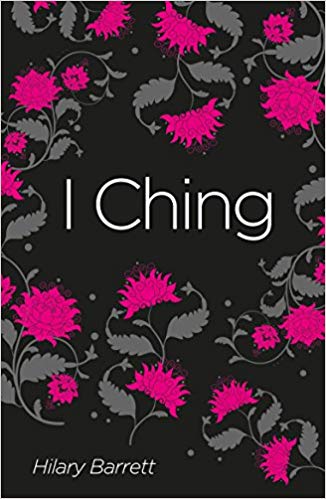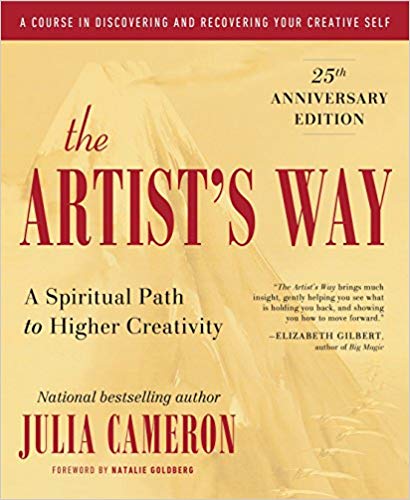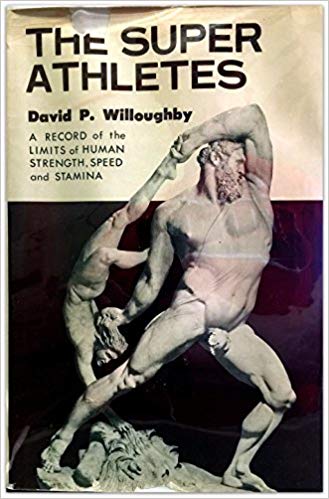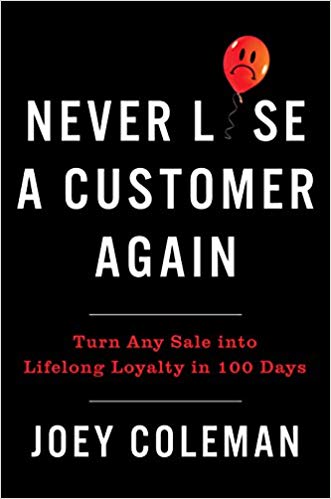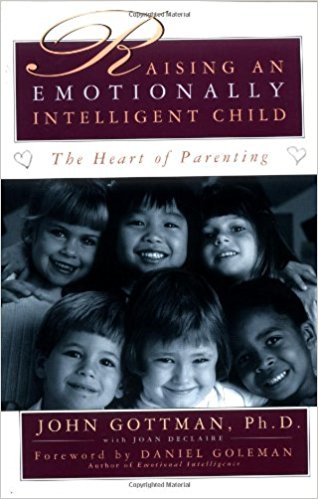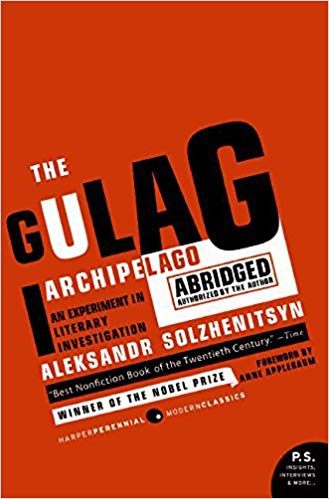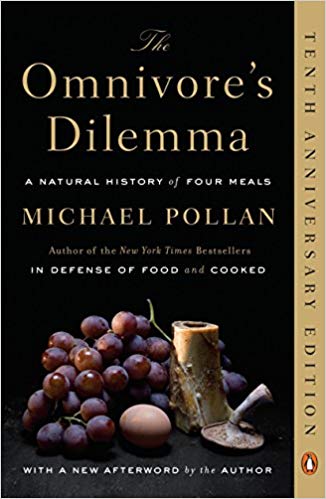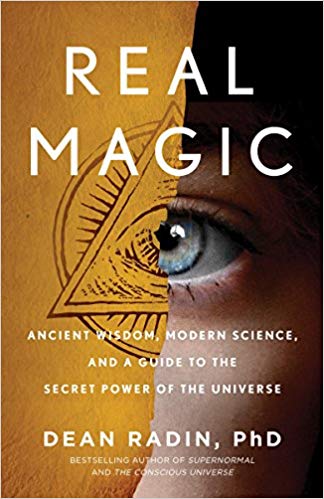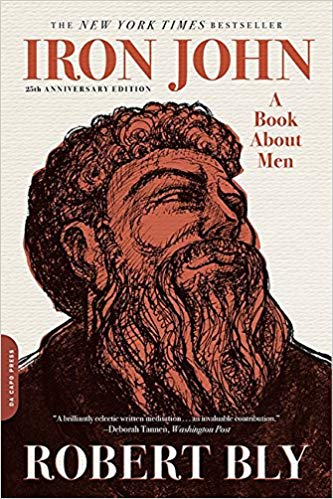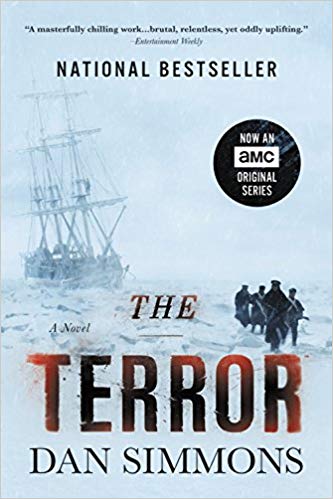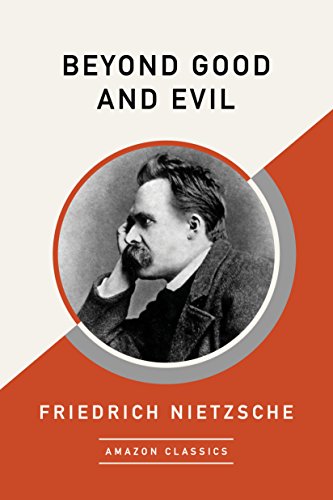“Readers are leaders.” – Jim Kwik
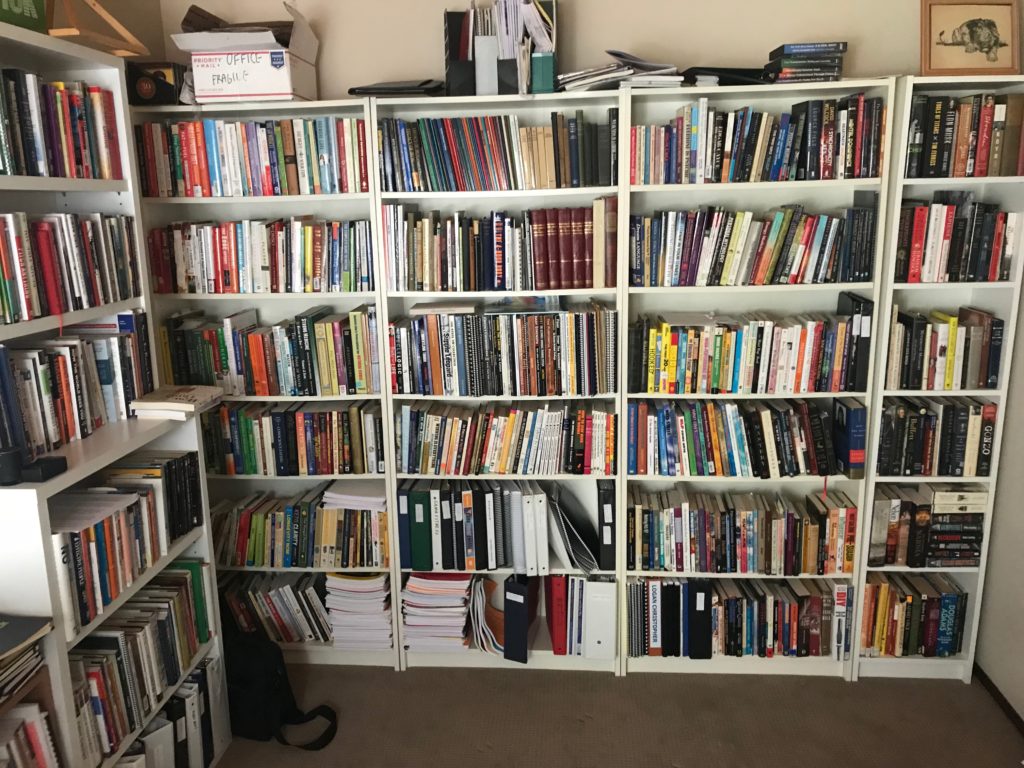
I read a lot because I love to learn. As a writer, reading is essential. It’s one of the places I get tons of ideas from, as well as one way to hone the craft. And I only started writing because I already read a lot.
For me, since adulthood at least, reading has been one of the best ways to learn.
The year after graduating from high school I took a semester at Community College but left after that. Why? Because I knew I could learn better myself, with a learning program tailored specifically to what I was going to do in the world. This has always been supplemented by live events such as seminars and conferences, audio and video programs too, but reading has been the mainstay.
It takes time to write a book. A lot of time. It’s a crystallization of thoughts that have been thought over many times, and hopefully put into practice (as oppose to just being theory). Thus, to learn from a book is to take a shortcut in that learning process.
But learning is only a part of it. I enjoy reading too. It’s not just about learning but is a pleasurable activity itself.
I wrote a bit about how too read a lot of books in a year in this earlier post, but figured it was worth diving into more detail into.
I thought about writing a book on the subject! But I’ll settle for this long article for now. Part of my reason for doing this, besides sharing, is that it had me reflecting more on what works well and what could be done even better.
Invest Time in Learning to Speed Read
If you want to read a lot you can’t be a slow reader. It is worth spending some time to learn how to read faster. There are countless books on the subject of speed reading, so make that one of the first you read. If I remember correctly, Breakthrough Rapid Reading was what I went through in high school.
And realize that it’s not just about reading a book on speed reading. Speed reading is a skill. As such it needs to be practiced.
This is done by using a book and forcing yourself to read faster than you are comfortable doing. Practice this and your time goes up. Simple as that.
Also, the main thing that stops people from reading faster is sub-vocalization. This is where you think the words to yourself as if speaking them. But you can see and understand the words on a page faster than you’ll ever be able to speak. Thus, this habit most people have needs to be broken. And pretty much any speed reading book or course will cover doing that.
Skimming
Speed reading can still involve you looking over every word. Even if you’re fast, this will still take some time with most books. The fact is that not all words, sections, chapters of books are worth devoting time too. (The fact is that many books aren’t worth it either so proper selection in the first place is essential.)
Rule the Book, Don’t Let the Book Rule You
I include skimming here as this is also something I need to get better at. Especially in doing these lists for the past two years I was trapping myself into finishing books, and reading all of them, that I might not otherwise have done.
It is important to realize that the book is there to serve you. While the author may have high hopes that you’ll read every line, including the acknowledgements and appendixes, and re-read the book ten times, very few books deserve this level of attention. Especially when it comes to learning, you are here to get something out of the book. For great books this may involve slowing down and taking your time, even re-reading them several times. For many other books, skimming though it quickly to get one nugget in a half hour time span may be all it’s worth.
Another way you can think of this is that if you get stuck an stop reading because you’re reading a “bad” book, that stops you from reading period, you’re stuck in not reading other things that would serve you much better. Having fallen into this completionist trap, as in “I started the book, I have to finish it,” before I feel it is important to recognize these other ways of looking at things.
One of my reading aims in 2019 is to do far more skimming. So far, so good.
Set a Goal
If you want to read more, than set a goal to do exactly that. Maybe it’s a certain number of books over the year. Maybe it’s a book a week. Maybe it is something else.
Goal setting works if you do it right, so make the intention, make the plan and then get after it.
Understand Why?
Beyond just the goal, why do you want to read more. Is it simply to be more-well read? Or do you have specific outcomes you’d like?
I primarily read to learn. It’s how I get better at life. If there’s an area I want insight or help in from sex to thinking, nutrition to team building, money to foraging there are books on it. There are people that have spent decades or lifetimes in a field and distilled that down into a few hundred pages and made it available for $20.
In this way I see it as insane NOT to read a lot of books. It has worked out quite well for me so I plan to continue to do it.
Prioritize Reading
If you want to read more than you have been, then reading needs to move up in your list of values or priorities. I’m not saying that reading should become more important than working out or spending time with your family. But chances are it can be made more important than watching TV, spending time on social media or the internet.
A lot of people do read each day. But it’s a choice if that reading is just tweets and Facebook posts for the latest brain fart of the day, or something that has been put into book form.
Again just because it’s a book doesn’t make it worth reading, but chances are better that it’s higher quality than most things on social media or the internet.
The hurdles of writing and book and getting it published are smaller these days than in years past but there are still some hurdles. To put it another way what are you spending your time on?
- Tweets vs. Books
- Brain Farts vs. Knowledge and Wisdom
Make Reading a Habit
A goal is good. Prioritizing is good to. And ultimately, these need to be transformed into a habit. If you want to read a lot then it needs to become a daily habit.
Here is how I read. I find reading to be a relaxing and unwinding activity for me. It’s more passive than the work I’ve done that day. As an introvert, reading is recharging me-time. For these reasons, I read when I can in the afternoons and evenings after my work is done.
This is interspersed with other activities like spending time with my wife, daughter, doing social things, eating food, even some watching TV.
Very often if I have nothing else to do, I will go straight to a book. And specifically, some other points to come up next fit into more on how I structure my reading.
7 Books at a Time +/- 2
I don’t read one book at a time. Sometimes, if I get completely engrossed in a book (especially great fiction), I will read that all the way, then return to my normal routine, but that doesn’t happen to often.
Instead, I have somewhere between seven to nine books open at a time. Mostly six to eight. Why? First of all I am interested in a bunch of topics. If I only read one thing at a time I wouldn’t be learning new things in all these different areas.
Also if some of these books are more boring than others I get stick to the more exciting ones that I want to dive into each day. Often then I’ll get to the less boring ones once I have the momentum going as related to the next point.
I have to give credit to Dr. John La Tourrette, one of my mentors that I picked up this tip from. Once I started reading this many books actively at one time, it really did transform my reading.
One Book Per Subject Matter
In my mix of five to nine books I tend to have one business book in the rotation at each time. Right now, as I’m diving deep on masculinity I’m re-reading previous books on the subject as well as some new. One masculinity book is in the mix at any time. One pre-Gutenberg (see below) is in the mix at any time. One (or more) fiction books too.
The subject matters do change over time, but I find this tends to be helpful in keeping a mix of different materials.
One Chapter Per Book Per Day
This goes back to my habit. My ideal habit anyway, because I feel like I seldom hit this, but I tend to hit some part of it each day. For each of my open books I try to read one chapter per day. (If the chapters are too long, I may break it up into sections. If chapters are too short I may read multiple. But for the most part one chapter seems to work.) Read that chapter, whether skimming or full-on detailed reading, then close up the book and move onto the next one.
Why do this? We tend to remember the first and last things better than the middle. I’m creating lots of these first and lasts, by switching books and topics, rather than just reading through one book alone. It helps with recall.
It also can help with boredom. Again, if a book isn’t worth reading please don’t read it. But some books are boring and still worth reading. I can get through a chapter or a section at a time easily. Trying to plow through chapter after chapter, not as much.
Fiction vs. Non-Fiction
Right now about 85-90% of the books I read are non-fiction. I did title this book about reading a lot to learn a lot, after all. But I am reading more fiction and over time, more and more of it. I do learn from fiction too. I learn how to tell a story better. I learn how to put words together in more magical ways.
That’s why I always have at least one fiction book in rotation, and lately its been two. (I am about halfway through the huge Dostoevsky’s The Brothers Karamazov right now, finally got to the murder promised in the first pages…400 pages in!)
Also there are times when I need to shut my learning mind off. It’s not often but it happens. So fiction is great when I need more of that relaxation and recharge that reading brings.
Parenting Books, Why Wouldn’t I?
As I was getting ready for my daughter being born I posted on Facebook, asking people what their favorite parenting books were. There was a great response and I’ve only begun to scratch the surface of the list that was created. (Thanks to those that responded, those books have been great so far!)
And, not to knock them, but a few people said I don’t need to read books about being a parent, it’ll come naturally.
I get the sentiment, but why wouldn’t I study this subject? I read books on strength training to become strong. I read books on health and nutrition to become healthy. I read books on business to build my businesses. I read books on NLP to master the subject matter. And on and on I could go. So why the hell wouldn’t I read books about something that is arguably more important than all those things, i.e. raising a human being?
I don’t always have one of these books in my mix but do most of the time. Just finished the 400 page Becoming the Parent You Want to Be which was quite illuminating as it describes things from the baby/child’s point of view as they’re developing.
Pre-Gutenberg Books
This is a tip I picked up from Perry Marshall. As I mentioned earlier there aren’t many hurdles to creating a book these days. So the quality of books overall has gone down because of that. But there use to be far more hurdles.
Specifically, before the printing press was invented by Gutenberg, which allowed for the mass printing of books, they had to be copied by hand. Think about that for a second and how much time it would take.
Therefore, because of the efforts involved, the books that come to us from before the printing press was invented tend to be of higher quality. There tends to be more wisdom present, instead of mere knowledge. That’s why I’m always reading something ancient.
And I am reading older stuff that isn’t quite that old. Books from a hundred years ago tend to be quite good as well.
Aim for One Book Per Week
If you read a book per week you would read 52 books in a year, which is not bad at all. That would put you in the top 1% compared to others, and very likely a much smaller fraction of a percent. (Sadly, most people don’t even read a single book per year.)
So it’s a good process goal to aim for. I often try to finish at least one book per week, though on average the past couple years I’ve done more than that. This brings me to the next point.
Extra Reading Time on Weekends
Because I see reading as a leisure activity, I will often do more of it on my weekends. Very often I’ll try to finish a book on a Sunday, among other things I might do that day.
I do like to finish things so this will often be several chapters in a book, whatever I am close to finishing, that I’ll do a final push on over the weekend.
Underline and Take Notes
I used to feel that I couldn’t damage the perfection of the book. That I needed to keep it in pristine order. But I realized my desire to learn was greater than this feeling.
I would say I at least double what I get out of a book by underlining the important points as I go along. I’ll also take notes in the margins, ideas triggered by the reading.
Plus this makes it easier to skim and refer to later, which I’ve found especially useful for writing when I want to use lots of other great books as references, such as in my new book Powered By Nature.
Recognize Your Primary Representation Channel – VADK
Are you a visual person? An auditory person? Or a kinesthetic person? While we are all all of these, one channel tends to be better as relates to learning. A visual person will learn best with a video or a demonstration. An auditory person may prefer audiobooks. A kinesthetic person will learn best hands-on.
There is also the digital representation system, which is basically words and symbols. If you’re strongly digital, like I am, then reading will suit you just fine.
The reason I read a lot is because I love to learn AND it suits my learning style. Plus I find it to be a relaxing and recharging activity. While I think pretty much everyone would benefit from reading more, I recognize that I am particularly suited to it and others will not necessarily be.
The question to ask is how much of this is innate vs. trained? My guess is that it’s some of both, which means that if you want to read a lot, you can train yourself to do it better and get more out of it.
Irlen Syndrome
Do you often get to the bottom of a page and feel like you don’t know what you just read? Or get to the end of a chapter and not be able to recite anything? Does reading make you tired, hurt your eyes, or give you brain fog?
Here is a possible stumbling block for some. I bring it up because it impacts my wife greatly. I first heard about Irlen Syndrome on Dave Asprey’s podcast. I though, “Hey that sounds like my wife.” So we consulted with a coach and sure enough, she has it. What this means is that normal words on a page negatively impact her. But by using a special colored filter she can read just fine. Find out more at Irlen.com.
I’m fortunate to not have this problem, but I mention it because it is not well known but should be more so.
Travel
The routine and habit I listed above is great for when I’m at home. But what about when I travel which I do from time to time? I tend to travel with one to two books on me (depending on length of travel and how much I will have time to read). If my flight is in the morning I tend to write on the plane. If my flight is in the afternoon, evening or overnight (besides sleeping) I will read. (I only tend to write well in the mornings.)
Because I’m not going to bring 7 +/- 2 books with me, I don’t stick to my normal routine. Instead I pick a book I feel like I’m fine with going straight through on. I tend to travel with fiction too, because many of my travels like for business tend to drain me, and I want some very passive reading.
E-Readers
I resisted using these for a long time as I like real books. Then after years I finally gave a Kindle a try. I used it a bit…but now it’s been in my draw for years without use.
If you like them all the power to you. But I choose real books.
Conclusion
I threw a whole lot at you here, with a minimum of organization. Take what works for you and put it into practice.
Have any questions? Use the comments below and I’ll be happy to answer them.
Any tips or methods that work well for you in reading? Please share them below.

